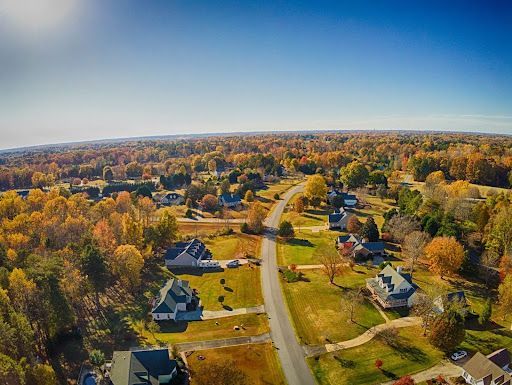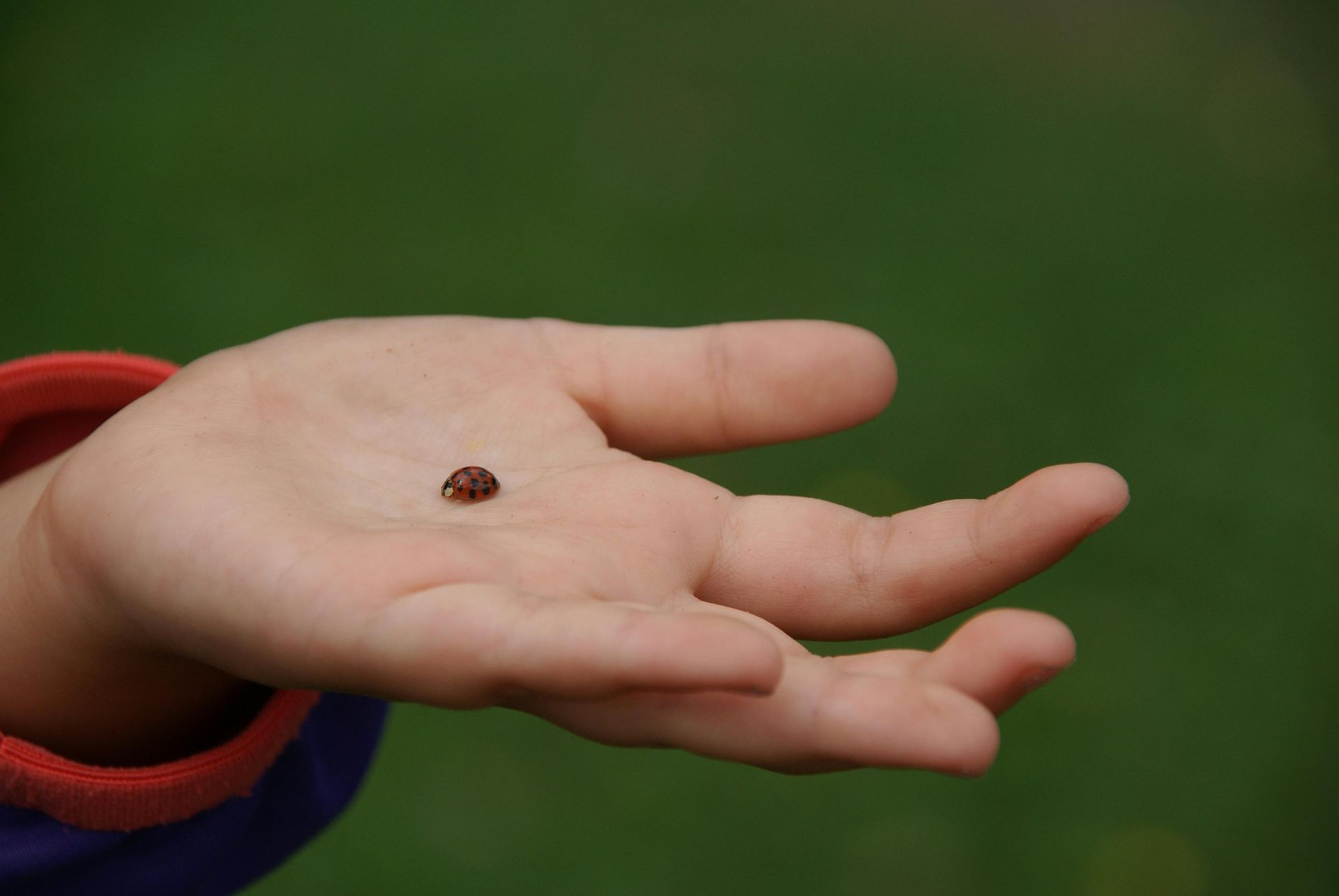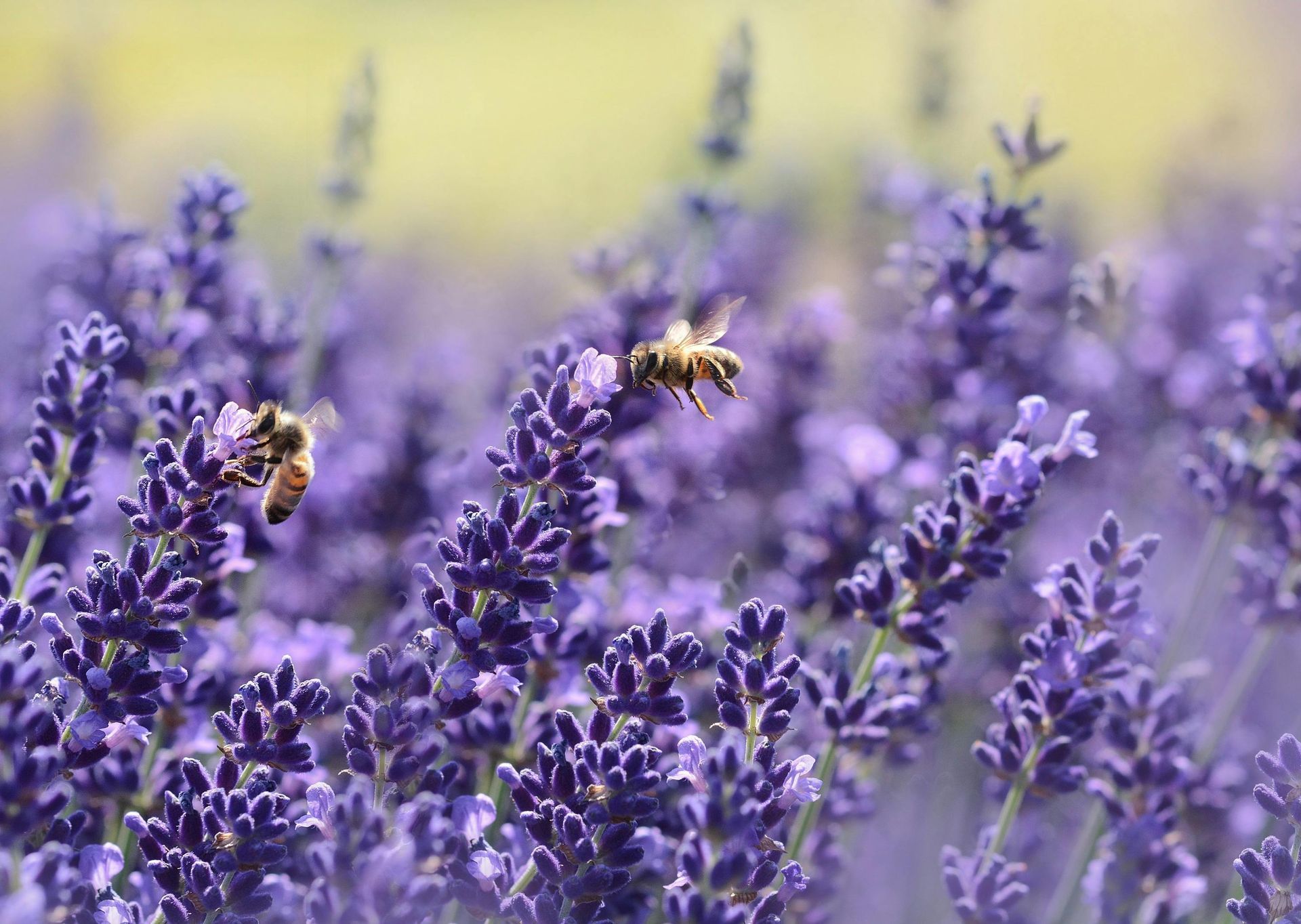Water Wisdom: Pest Control Through Conservation
In our journey towards sustainable living, the careful management of our most precious resource—water—has become essential. As we cultivate our gardens and landscapes, it’s crucial to do so while keeping in mind the intricate balance of nature. Employing smart water practices can not only nourish our plants but also naturally deter unwanted pests. This means we can create thriving ecosystems in our backyards without resorting to harmful chemicals.
Understanding Water Scarcity in Nevada
The arid state of Nevada is characterized by its unique geography and climate, which imposes significant challenges on its water resources. Most notably, the state falls within the Great Basin desert, leading to hot summers, cold winters, and minimal precipitation. This climate, paired with a growing population, has escalated the demand for water, placing the existing supply under stress. Water scarcity here not only impacts the daily lives of residents but also exerts pressure on local agriculture, which relies on consistent water availability for irrigation.
Recent assessments of water scarcity in Nevada highlight concerning trends. Reservoirs and aquifers are diminishing under prolonged drought conditions, with adverse consequences for the environment. Vegetation loss and soil degradation are some observable effects, which also have a knock-on effect on the agricultural sector, pivotal to Nevada's economy. With water being an essential lifeline for crops, shortages can lead to reduced yields, tighter margins for farmers, and increased prices for consumers. The importance of water conservation in this context cannot be understated; preserving this precious resource is critical for sustaining both human life and the state's biodiversity.
Linking Water Conservation to Pest Control
Water availability is a key factor influencing pest populations. Many pests such as mosquitoes, rodents, and certain insects thrive in areas with abundant water supply. For instance, stagnant water bodies are ideal breeding grounds for mosquitoes, which can lead to increased instances of mosquito-borne diseases. Therefore, strategies that manage water scarcity can also serve as effective pest control measures. By conserving water, one can inadvertently make the local environment less hospitable for unwanted pests.
In Nevada, water sources can become a magnet for pests seeking hydration and a place to establish their populations. Rodents such as rats and mice seek out water from leaking pipes or puddles formed from overwatering, while insects like silverfish and centipedes gravitate towards moist, damp areas. Reducing excess water in residential and commercial spaces can directly diminish the attractiveness of these areas to such pests. Water conservation thus emerges as a dual-benefit strategy that sustains the environment while also mitigating pest-related issues.
Managing Water to Control Pests
One of the benefits of reducing standing water is the direct impact it has on local pest control. Removal of excess water eliminates potential breeding sites, thus reducing the population of pests like mosquitoes. In Nevada's water-scarce environment, this aspect of pest control is particularly salient. Even small accumulations of water from over-irrigation or inefficient water usage can create pockets where pests can thrive.
Risks associated with overwatering extend beyond just wastefulness; they create an environment where pests can proliferate. Overirrigation, for example, can lead to waterlogged soils which could attract ants or cause plant diseases that, in turn, attract even more pests. By practicing water-smart habits, residents can help reduce these risks and promote healthier, more resilient landscapes.
For effective pest control, experts often suggest reviewing irrigation practices. Efficient irrigation systems and techniques such as drip irrigation or scheduling watering times for early morning can significantly reduce water waste and thus, pest attraction. Residents can also adjust landscaping choices to incorporate native, drought-resistant plants that require less water and are less likely to contribute to pest problems. Each step taken towards water conservation is a step away from creating environments conducive to pest infestations.
This methodical approach to managing water not only aligns with eco-friendly principles but also serves to protect Nevada's delicate ecosystems and the well-being of its communities. Organizations like
Natura Pest Control recognize the intersection of these benefits, providing comprehensive services that consider both pest management and the wider environmental impact within Nevada's distinctive environment.
Eco-Friendly Water Conservation Tactics
Embracing non-toxic methods to reduce standing water is pivotal for eco-friendly pest control. Homeowners can implement simple measures such as maintaining gutters and downspouts to prevent water accumulation, using rain barrels with secure lids to collect water responsibly, and adjusting sprinkler systems to avoid excess runoff. These practices help to limit the availability of water for pests, without relying on chemical interventions.
Landscape design plays a crucial role in water conservation and pest deterrence. By strategically choosing native plants that are adapted to Nevada's dry climate, homeowners can create a yard that requires minimal watering. Incorporating gravel or rock gardens can further reduce water needs while creating a less inviting environment for pests that prefer moist soil.
Community efforts have a significant impact on conservation and pest control. Policies promoting water-smart landscaping, combined with incentives for water-saving appliances, are examples of how the wider community can support individual efforts. These policies not only encourage residents to adopt sustainable practices but collectively contribute to a reduction in pest infestations.
Real-world Examples from Nevada
In Nevada, proactive water conservation measures have successfully decreased pest-related problems. Local news outlets have highlighted neighborhoods that, after adopting water-smart landscaping and reducing irrigation, reported fewer pest sightings. Such case studies demonstrate water management's effectiveness in controlling pests, aligning with environmental conservation objectives.
Experts in water management and pest control, such as those affiliated with Natura Pest Control, confirm the validity of these observations. Interviews within the community reveal an increasing awareness of how overwatering attracts pests and the positive impact that careful water use can have on curbing their populations.
Best Practices for Homeowners
Homeowners in Nevada can contribute to water conservation and pest control through practical steps. Fixing leaks promptly, using mulch to retain soil moisture, and installing water-efficient irrigation systems are advisable practices. These methods ensure that not a drop more water is used than necessary, thereby decreasing the chances of creating pest-friendly conditions.
Eco-friendly products, such as biological pest controls that leverage natural predators, and services that emphasize sustainable practices, reinforce these conservation efforts. Companies like Natura Pest Control offer solutions that harmonize with these principles, ensuring effectiveness without compromising environmental integrity.
Additional Resources and Further Reading
For those interested in exploring the connection between water conservation and pest control, authoritative sources such as the EPA's WaterSense program provide valuable insights. Information regarding Nevada's water conservation policies and their impact on pest populations can deepen understanding of this critical issue. Educating oneself about such resources can empower homeowners to make informed decisions that protect both their homes and the natural environment.
Efforts to conserve water are integral to eco-friendly pest control. By understanding and implementing the strategies outlined in this article, communities in Nevada can make a tangible difference, benefiting both their shared environment and the ecosystems that depend on its health and sustainability.
As you embrace water conservation tactics for pest control in Nevada, let Natura Pest Control support your efforts with our eco-friendly solutions. Contact us to learn how we can help protect your home and our precious water resources.




